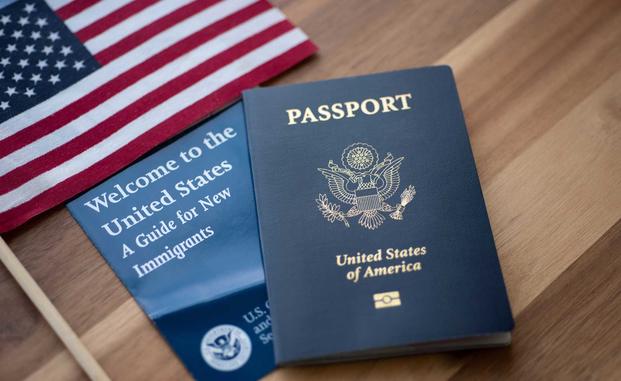If you are military member or veteran you may may be eligible for naturalization under special regulations. Surviving family members of deceased military members may also be eligible. There is even a provision in the law that allows for posthumous granting of US Citizenship of military members who died in the line of duty, or as a result of their military service.
Naturalization through One Year of Qualifying Service at Any Time
Generally, a person who has served honorably in the military at any time may be eligible to apply for naturalization. The military community sometimes refers to this as “peacetime naturalization.”
In general, you must:
- Have served honorably in the military for at least 1 year and, if a veteran, must have received an honorable discharge
- Be a permanent resident when you apply
- Have a knowledge of U.S. history and government
- Be able to read, write and speak English
- Demonstrate good moral character for at least 5 years prior to applying
- Meet other certain residence and physical presence requirements
Naturalization through Qualifying Service during Periods of Hostilities
Generally, military members who serve honorably for any period of time (even 1 day) during specifically designated periods of hostilities (see below) are eligible for naturalization.
In general, an applicant for naturalization must:
- Have served honorably in the military for any amount of time during a designated period of hostilities and, if a veteran, must have received an honorable discharge
- Have been lawfully admitted as a permanent resident at any time after enlistment, OR have been physically present in the US or certain territories at the time of enlistment
- Be able to read, write, and speak basic English
- Have a knowledge of U.S. history and government
The designated periods of hostilities are:
- Sep. 1, 1939 to Dec. 31, 1946
- June 25, 1950 to July 1, 1955
- Feb. 28, 1961 to Oct. 15, 1978
- Aug. 2, 1990 to April 11, 1991
- Sep. 11, 2001 until the present
Posthumous Citizenship for Military Members
Generally, individuals who served honorably in the military and who died as a result of injury or disease incurred while serving in an active duty status during specified periods of military hostilities, listed above, are eligible for posthumous citizenship.
Citizenship for Family Members
Spouses and children of military members may be eligible for expedited naturalization. This expedited naturalization is usually done when the dependents will accompany the military member overseas.
Dependents can also be approved for overseas naturalization.
Family Based Survivor Benefits
Surviving dependents may be granted citizenship if the military member was a citizen and died on active duty, or as the result of service. If the military member wasn't a citizen, usually they must have been granted posthumous citizenship before the dependents can file for citizenship.
For More Information
See the U.S. Citizenship & Immigration Services website for details.
Know All Your Legal Rights and Benefits
Be aware and get what you are entitled to. Keep up with all the legal benefits available to you as a service member, veteran or spouse and get updates delivered straight to your inbox by subscribing to Military.com.












